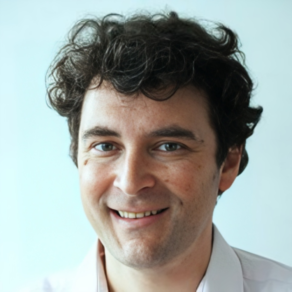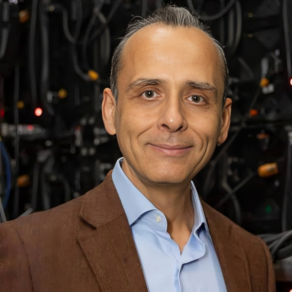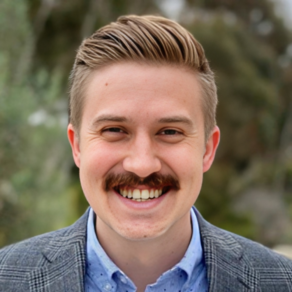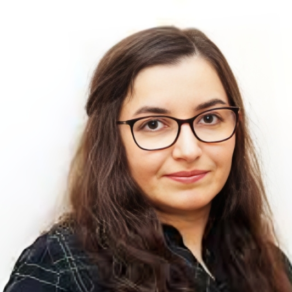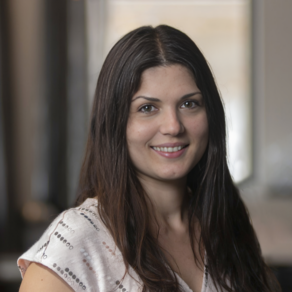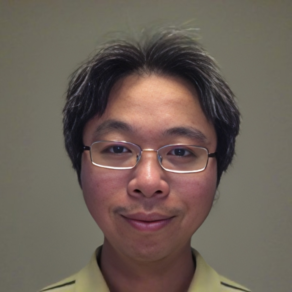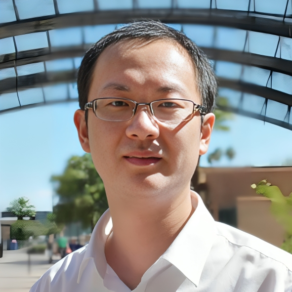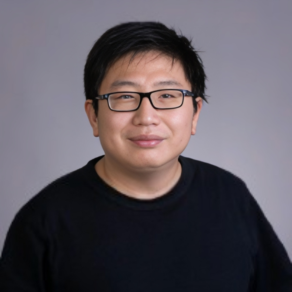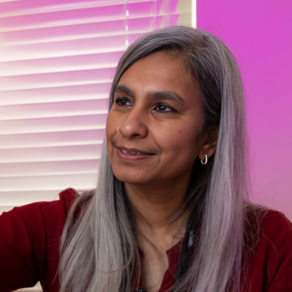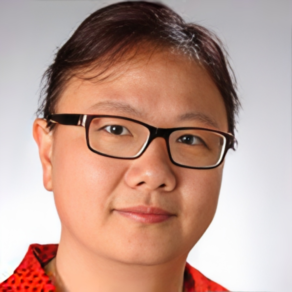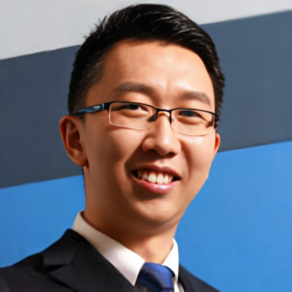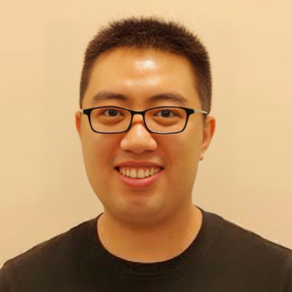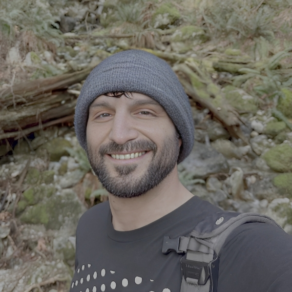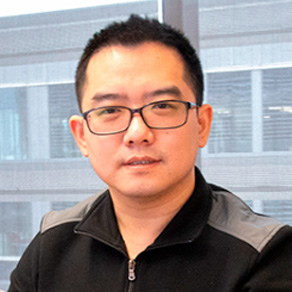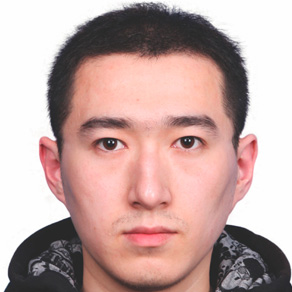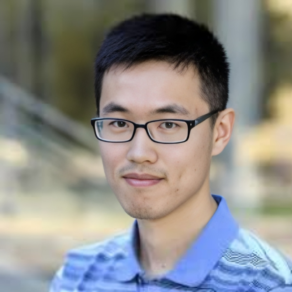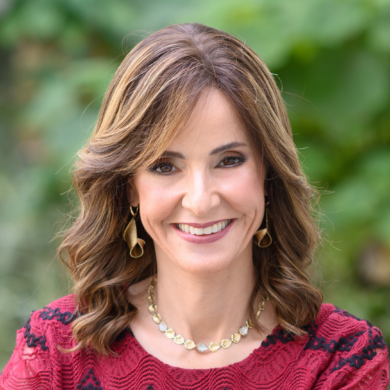
Yonina Eldar
Model Based Deep Learning: Applications to Imaging and Communications
Abstract
Deep neural networks provide unprecedented performance gains in many real-world problems in signal and image processing. Despite these gains, the future development and practical deployment of deep networks are hindered by their black-box nature, i.e., a lack of interpretability and the need for very large training sets.
On the other hand, signal processing and communications have traditionally relied on classical statistical modeling techniques that utilize mathematical formulations representing the underlying physics, prior information and additional domain knowledge. Simple classical models are useful but sensitive to inaccuracies and may lead to poor performance when real systems display complex or dynamic behaviour. Here we introduce various approaches to model based learning which merge parametric models with optimization tools and classical algorithms leading to efficient, interpretable networks from reasonably sized training sets. We will consider examples of such model-based deep networks to image deblurring, image separation, super resolution in ultrasound and microscopy, efficient communication systems, and finally we will see how model-based methods can also be used for efficient diagnosis of COVID19 using X-ray and ultrasound.
Short bio
Yonina Eldar is a Professor in the Department of Mathematics and Computer Science, Weizmann Institute of Science, Rehovot, Israel where she heads the center for Biomedical Engineering and Signal Processing and holds the Dorothy and Patrick Gorman Professorial Chair. She is also a Visiting Professor at MIT, a Visiting Scientist at the Broad Institute, and an Adjunct Professor at Duke University, and was a Visiting Professor at Stanford. She is a member of the Israel Academy of Sciences and Humanities, an IEEE Fellow and a EURASIP Fellow. She received the B.Sc. degree in physics and the B.Sc. degree in electrical engineering from Tel-Aviv University, and the Ph.D. degree in electrical engineering and computer science from MIT, in 2002. She has received many awards for excellence in research and teaching, including the IEEE Signal Processing Society Technical Achievement Award (2013), the IEEE/AESS Fred Nathanson Memorial Radar Award (2014) and the IEEE Kiyo Tomiyasu Award (2016). She was a Horev Fellow of the Leaders in Science and Technology program at the Technion and an Alon Fellow. She received the Michael Bruno Memorial Award from the Rothschild Foundation, the Weizmann Prize for Exact Sciences, the Wolf Foundation Krill Prize for Excellence in Scientific Research, the Henry Taub Prize for Excellence in Research (twice), the Hershel Rich Innovation Award (three times), and the Award for Women with Distinguished Contributions. She received several best paper awards and best demo awards together with her research students and colleagues, was selected as one of the 50 most influential women in Israel, and was a member of the Israel Committee for Higher Education. She is the Editor in Chief of Foundations and Trends in Signal Processing, a member of several IEEE Technical Committees and Award Committees, and heads the Committee for Promoting Gender Fairness in Higher Education Institutions in Israel.




